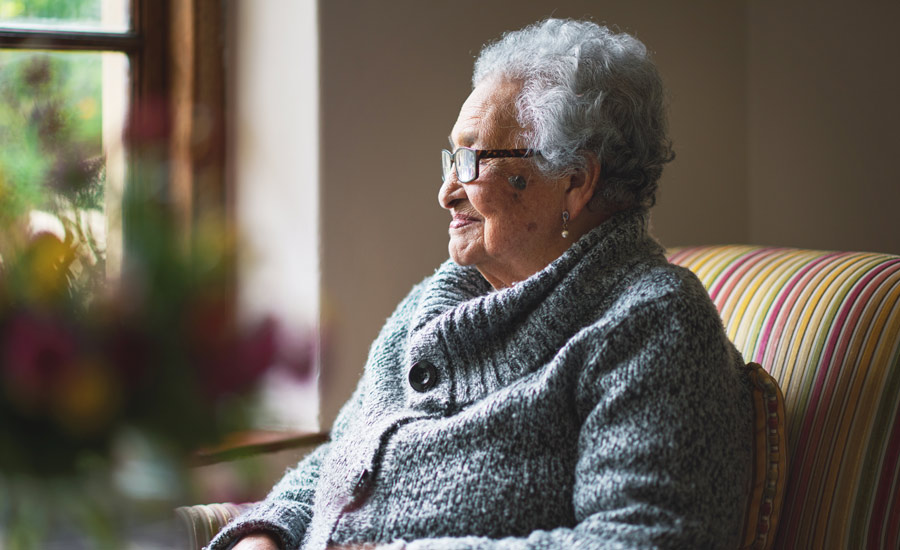How to Ensure Cultural and Religious Sensitivity in a Care Home

When a loved one moves into a care home, they bring their whole self with them, including their history, beliefs, values and way of life. That includes their culture and religion, which often play a big part in how they see the world and what makes them feel safe, respected and at home.
Keep reading as we discover what cultural and religious sensitivity really means in a care home, why it matters and how homes can put it into practice in a way that is genuine.
How Do Care Homes Respect Cultural and Religious Practices?
Care homes respect resident diversity by:
- Care staff create personalised care plans that include each resident’s cultural background, faith and individual preferences.
- Regular staff training on cultural awareness, religious diversity and inclusive care practices.
- Supporting religious observance, including space for prayer, helps attending services and access to faith leaders.
- Catering for cultural and religious diets, such as halal, kosher, vegetarian or fasting requirements.
- Recognising important festivals and traditions and involving residents in celebrations that are meaningful to them.
- Respecting personal dress and modesty needs, such as religious clothing or preferences around gender-specific care.
- Communication needs, including the use of interpreters or bilingual staff, where possible.
- Honouring end-of-life customs, including spiritual care, rituals and family involvement in line with cultural beliefs.
Why Cultural and Religious Sensitivity Matters
Everyone wants to feel at home, especially when you’re older and living in a care setting. For many residents, culture and religion are a big part of that. It’s how they make sense of the world, connect with others and stay grounded when things around them are changing.
When care teams take the time to understand what matters to residents, whether it’s observing a prayer routine, eating certain foods or marking key festivals, it lets them know they matter, and not just a number on a rota.
Getting this right builds trust and helps residents feel safe, respected and more comfortable being themselves. It also reassures families that their loved one is being seen and supported as a whole person, not just someone with a list of physical care needs.
There’s also a professional side to this. Respecting cultural and religious practices is part of delivering high-quality, person-centred care and it’s something regulators like the CQC look for when assessing care homes.
Providing good care starts with seeing the individual in front of you and working to find out what really matters to them.
Different Cultures and Religions in Care Homes
Every resident is different, but having a general idea of common religious or cultural needs can help staff offer respectful and thoughtful care. Just be open, ask questions and be willing to learn.
Here are a few examples:
- Christianity – Sunday worship, prayer, communion, modesty, crosses or religious symbols.
- Islam – Halal food, daily prayers, Ramadan fasting, same-gender care and privacy for prayer.
- Hinduism – Vegetarian diet, daily rituals, respect for elders and involvement of family in care.
- Judaism – Kosher food, Sabbath observance (Friday sunset to Saturday sunset), modesty and involvement of a rabbi if needed.
- Sikhism – Wearing articles of faith (e.g. turban, kara), vegetarian food and prayer routines.
- Buddhism – Meditation, peaceful environment, vegetarianism and end-of-life rituals.
- Caribbean, African, South Asian or Eastern European cultures – Strong role of family, community connection, music and food traditions.
Common Culture Challenges in Care Homes
Here are a few common challenges and some ideas for dealing with them:
Not knowing what to ask
Some staff worry about saying the wrong thing or asking something inappropriate. The best approach is to be curious and respectful. A straightforward “Is there anything that’s important for us to know?” goes a long way.
Time and staffing pressures
When the team is busy, cultural or faith needs can get overlooked or seem hard to prioritise. But often, it’s the smaller, everyday things that make a difference, such as offering the right meal, being mindful of a routine or asking what a resident needs.
Lack of knowledge or confidence
If carers haven’t worked with certain cultures or religions before, they might not know where to start. Regular staff training, open conversations and learning from each other can quickly build confidence.
Balancing different needs in shared spaces
Residents often have a mix of routines, customs and preferences, especially around food or daily activities. It can take a bit of planning to make sure everyone feels comfortable, but clear communication, flexibility and offering choice usually keep things running smoothly.
Caring for the Whole Person
Being aware of cultural and religious needs is part of treating residents with respect. In a care home, that means paying attention to the details that help your loved one feel comfortable and understood. Noticing them, asking about them and taking them seriously should be part of their daily routine.
Ready to explore...
